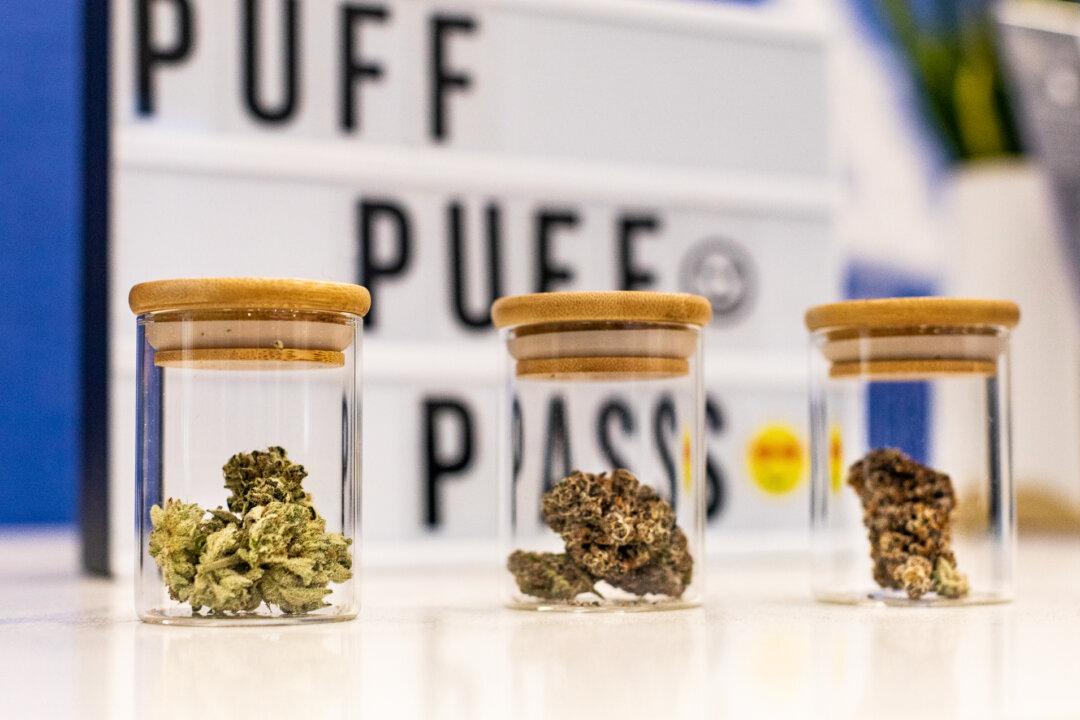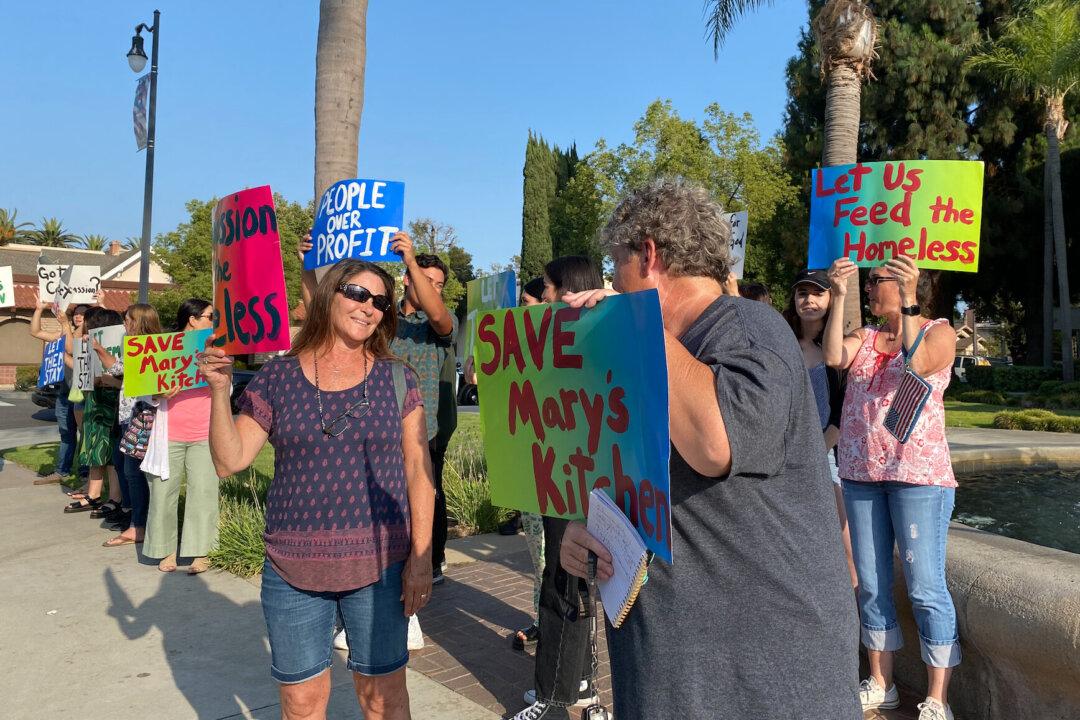SANTA ANA, Calif.—At first glance, the lure of permitting retail cannabis sales in cities across Orange County, California, seems compelling. A number of industry professionals see the county as an untapped market, while city governments are scrambling to generate more tax revenue in the wake of the pandemic.
But though this may seem like a mutually beneficial economic victory, many citizens are concerned that legal cannabis retail will cause significant negative impacts on children and teenagers in their communities.





